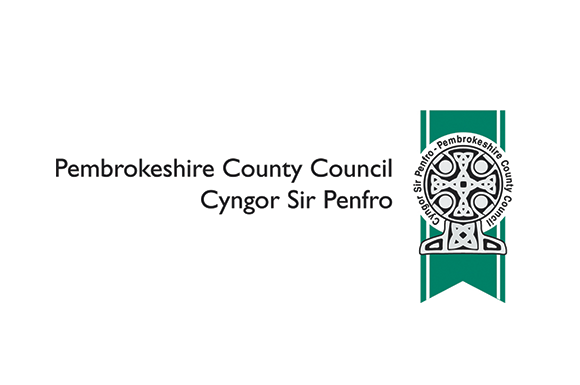FSB Wales has published new research on SMEs, our environment and how we can all play a part in delivering a healthier environment for Wales’ future generations. The New Normal: An Environmental Approach for SMEs, focuses on practical steps that SMEs can take to begin their journey in terms of becoming more environmentally friendly, whilst challenging Welsh and UK Government to take steps to support those businesses to get there.
Power consumption makes up 30% of Wales’ carbon emissions, so whilst it is important to tackle this as an issue, SMEs face structural barriers related to this. 59% of SMEs are able to influence power consumption in their business premises, but many more cannot as they do not own their buildings. This means that it is important for landlords to be a part of the conversation on emissions from business premises.
Commenting on the report, Ben Francis, FSB Wales Policy Chair, said:
“The debate about how we tackle environmental issues is one of the most pressing issues of our time.
“Welsh Government declared a climate crisis in 2018, and many business owners are already looking at how they can become more carbon friendly.
“FSB Wales’ priority is to help businesses look at ways to become more environmentally responsible, whilst pushing Welsh Government to provide meaningful support for those businesses, whilst understanding the landscape in which they are operating.”
As part of this research, FSB Wales has published 5 things that SMEs can do to improve their environmental impact, alongside 5 ways in which Welsh Government can support them to do so.
Five things SMEs in Wales can do:
- Understand your own environmental impact – The first step towards taking action is to understand your business’ current environmental impact using online tools such as the Carbon Trust’s Carbon Footprint Calculator.
- Consider energy efficiency improvements – How efficiently your business uses power and the source of that power is significant for the environment in carbon terms, but also for your business costs.
- Redesign the commute – ask your staff how they get in to work and start to think about how small changes can help you and them to use public transport, cycle or walk or even use electric vehicles.
- Prepare for changes to new waste and recycling regulations –By starting to think about their impact on your business now you can get ahead of the curve ensuring the impact is limited and any benefits maximised when the time comes.
- Aim for best practice – If you’re already on the journey towards becoming an environmentally responsible business you may want to consider demonstrating your environmental credentials through schemes such as the Green Dragon Environmental Standard.
What Welsh Government can do to help SMEs:
- Provide an advice line for SMEs on environmental issues –We would like to see a service for SMEs provided through business Wales that would help them to understand their baseline environmental impact across all areas of their business.
- Consider including business premises in schemes such as Arbed – Welsh Government could consider broadening these schemes to non-domestic premises, targeted at landlords to improve energy efficiency.
- Set out a long term strategy for the transition to electric vehicles – Welsh Government should set out an ambitions long-term strategy for the transition to EVs, with targeted interventions to address barriers in the short to medium term.
- Deliver a Clean Air Framework that works for smaller businesses – Smaller businesses are keen to play their part but often they need sufficient lead-in times and support to transition away from polluting vehicles.
- Ensure new recycling and waste regulations understand SMEs –New regulations should make it easy for SMEs by keeping costs of recycling low and providing a range of commercial as well as public sector options for provision.
Ben Francis continued:
“Whilst undertaking this research we have heard innovative examples of how businesses are already improving their environmental credentials. Whether that’s by replacing single-use plastic cups with reusable bottles in offices, looking at their production and waste management processes, or looking really creatively and doing things such as donating off-cut fabrics to local colleges instead of sending them to landfill.
“Whilst all of these small steps are adding up into a positive movement, there are many ways in which Welsh and UK Government can support this step change, as well as ways in which business owners can push themselves further forwards. That’s why we have produced a practical report, focusing on how institutions can work together to support SMEs on their mission to become more environmentally friendly.
“Welsh Government should ensure that business is front-and-centre in the thinking for new programmes such as Clean Air Zones. Businesses want to play their part, but must be given fair opportunity in order to do so. We also need to ensure that the debate around the climate crisis is translated into practical measures to help businesses play their part in being part of the solution.”
“What this report makes clear is that neither government, the third sector, nor business alone can deliver on environmental issues. A properly joined up effort is essential, and it is critical that organisations work together to deliver on our environmental aims and work towards a decarbonised society.”







